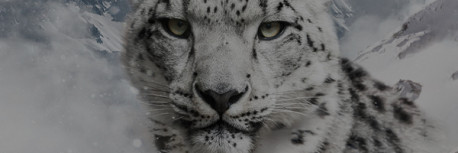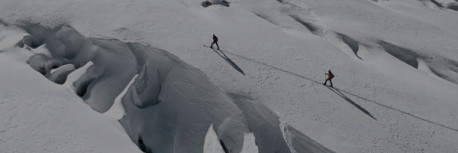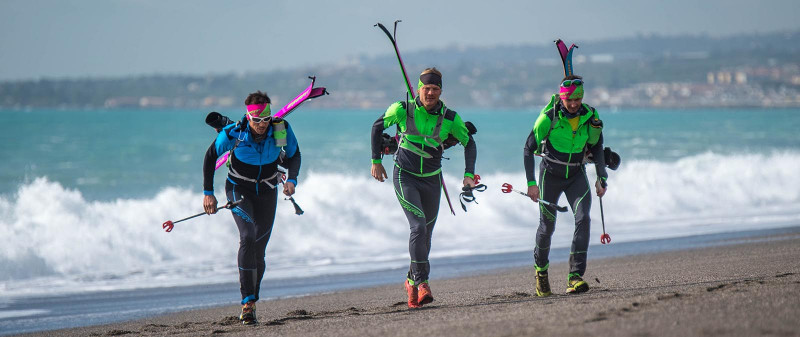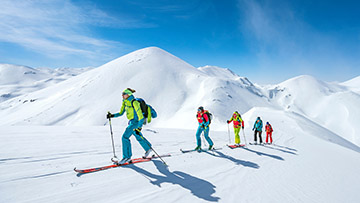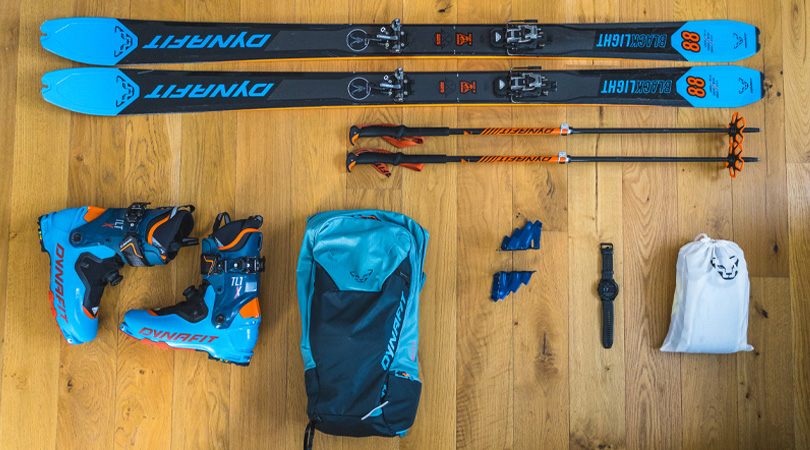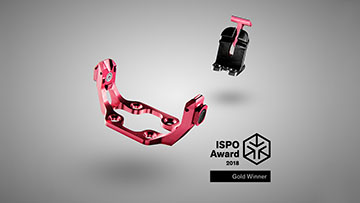Etna speed rush
Etna speed rush
When the name Sicily pops up, we don’t make the immediate association with snow. Same goes for volcanoes. Rather, the mind delivers thoughts of a hot and arid environment. With Etna however, these thoughts are won over by the reality that in the winter, the Volcano is covered with snow and ice. Well aware of this natural paradoxical wonder was Beni Böhm, Schorsch Nickaes and Patrick Jost, which lead to the spectacular sea to peak climb that stamped an ascent time record for the mountain.
42.5 kilometers – 3.500 vertical meters – 4 hours 46 minutes
All three of them have quite the experienced track record in the realm of skiing. Countless peaks around the world have been tainted with the tracks of their skis, multiple 8 thousander’s have experienced their speed climbing prowess, and many classic ski-touring races have witnessed their determination. Although they’ve explored almost every mountainous corner the globe has on offer, they have never set foot on an active volcano nor have they ever climbed from sea to peak.
The kick-off line for the “Etna Speed Rush” sets off from the grey beach of San Marco. It’s at that moment, when the gun goes off, where you clench your teeth and just go. “30 kilometers of tarred, dusty, and irregular trails is a truly unpleasant experience”, explains Patrick while hinting a sign of amusement, “the thighs are given a thorough workout and by the time the skis are strapped on, the first few steps are pretty painful.”
@ Elias Lefas
It certainly wasn’t a walk in the park, so reminisce the three. Etna, with roughly 3.500 vertical meters represents a slightly inferior vertical climb when comparing it with the peaks that the three are more commonly used to. Despite the mediocre vertical meter status, Etna was revealed to be a bit of a dark horse in the world of difficult ascents. The relentless unpaved trails transition into steep, slippery, grassy flanks and then into fine Volcanic black-out ash trails making it impossible to keep up forward momentum. Soon thereafter comes the ski-touring stage through windblown snow and ice, with the surrounding gloomy landscape of jagged lava rocks and volcanic dust. It’s only at the peak where all the hard-work is rewarded. “The experience is very unique”, says Patrick and goes on to explain, “to climb from sea-level up an active volcano in one piece, with a backdrop of endless ocean, snow, ice, stormy skies and fire or lava from the depths of our planet – it’s just absolutely incredible. It’s amazing to see the border between land and ocean from the top, to see the point where we were just moments ago, waiting patiently at the starting line.”
You can never train too much, only too fast.
@ Elias Lefas
Training is a natural component in the lives of Schorsch, Beni and Patrick. So when it came to this event, they put in the sweat. Many training sessions, accumulating many hours, and atleast 2.500 vertical meters each session provided them with the necessary foundations to tackle this mission. “You can never train too much, only too fast”, reveals Patrick, the mountain guide. Even the equipment in this kind of scenario, plays an imperative role. Lightweight is a clear must, but also robust equipment is needed to be able endure the demanding conditions of the Volcano. Clothing too, is highly important. Their confidence was settled in the Mezzalama product collection, which provided them with material that holds necessary warmth, and the ability to release any transpiration of the body. This line proved to be ideal for a climb that goes from sea to peak.






